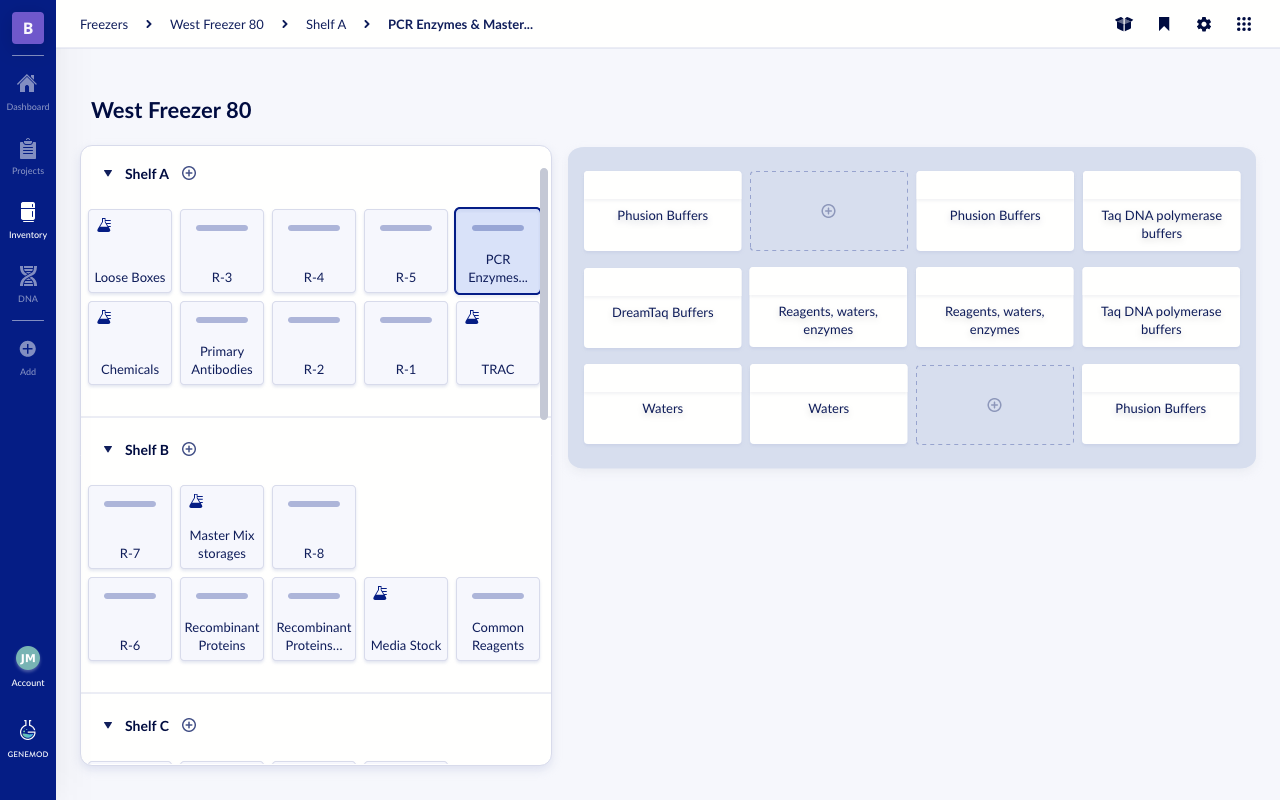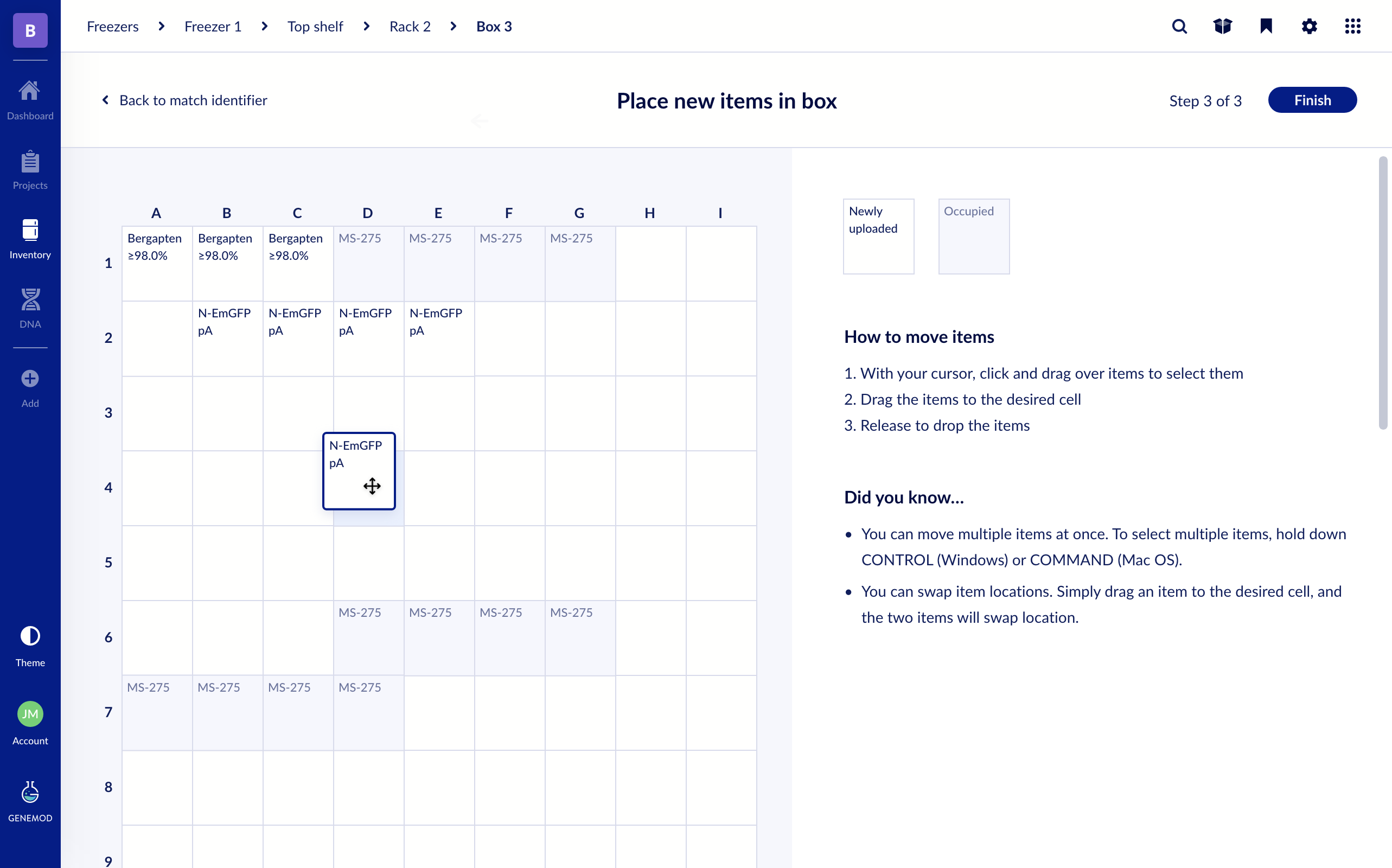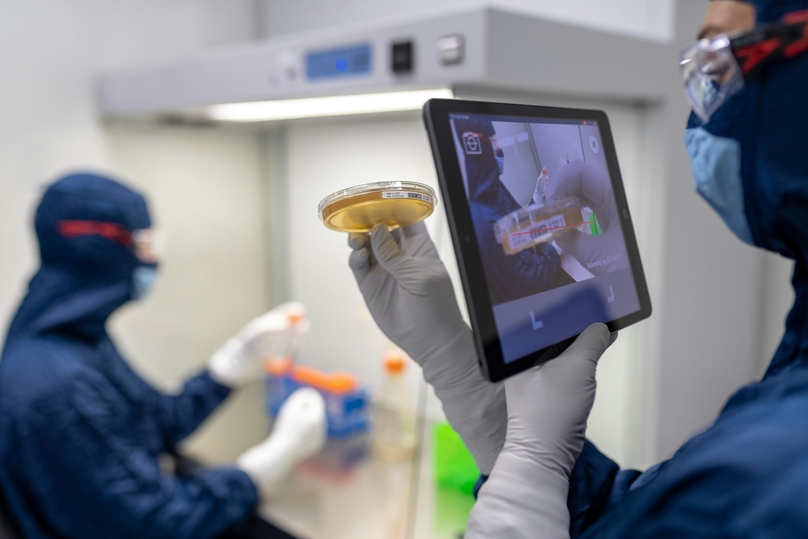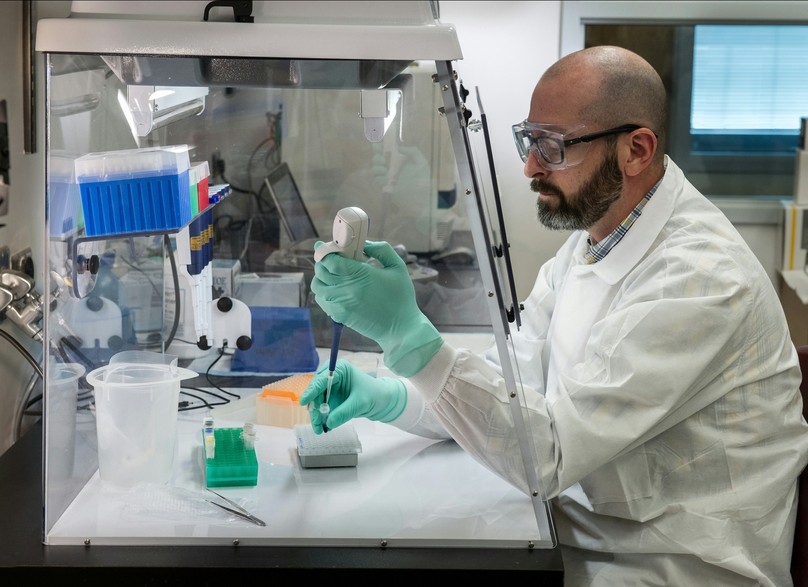When it comes to digitizing your lab, choosing the right Laboratory Information Management System (LIMS) or Electronic Lab Notebook (ELN) is one of the most critical decisions you can make. The right platform not only manages data but also streamlines workflows, supports compliance, and enables long-term scalability. But with dozens of vendors on the market, how can you ensure you’re making the right choice? That’s where an RFP (Request for Proposal) and a well-structured checklist come in. An RFP allows you to standardize responses from vendors, while the checklist ensures you don’t overlook critical factors that can impact your lab’s efficiency, compliance, and budget. In this blog, we’ll walk through a detailed checklist you can use when evaluating LIMS/ELN companies through an RFP.
Why a Checklist Matters in the LIMS/ELN RFP Process
An RFP is only as strong as the questions it asks. Vendors often emphasize their best features but may gloss over limitations. A checklist provides a consistent baseline for evaluating each solution, ensuring that every vendor is judged by the same standards.
With a clear LIMS/ELN evaluation checklist, your laboratory can:
Compare vendors on equal terms.
Identify hidden costs early.
Align software capabilities with long-term research goals.
Avoid subjective decision-making.
Think of the checklist as your lab’s decision-making toolkit—it reduces guesswork and helps your team focus on the best long-term partner.
1. General Company Information
Before looking at technical features, understand who you’re working with.
Checklist:
Do they have experience with your industry (biopharma, diagnostics, academic research, clinical labs)?
Can they provide case studies or references from similar organizations?
What is their financial stability and product roadmap visibility?
Why it matters: Laboratory management software is a long-term investment. You want a partner that has the stability and expertise to support your lab for years, not just months.

2. Core Features & Functionality
Your RFP should clearly define what you need from both LIMS and ELN software.
ELN Capabilities
Experiment documentation with customizable templates
Version control and electronic audit trails
Collaboration features: sharing, permissions, comments
Structured data capture (tables, forms, attachments)
LIMS Capabilities
Sample and reagent inventory tracking
Barcode/QR code support for quick identification
Freezer and consumables management
Workflow automation for approvals and SOP compliance
Instrument and database integrations
Why it matters: Labs often underestimate how critical usability and adaptability are. A flexible LIMS/ELN ensures your scientists can capture and manage data without unnecessary friction.
3. Security & Compliance
Compliance is non-negotiable for most labs using LIMS or ELN systems.
Checklist:
Support for 21 CFR Part 11 electronic signatures
HIPAA and GDPR compliance for sensitive data
Data encryption (in transit and at rest)
Role-based access controls for user management
Automated reporting and audit readiness
Why it matters: With regulations tightening, choosing secure laboratory management software protects both your research and your reputation.
4. Implementation & Support
A powerful system is only valuable if your team can implement and use it effectively.
Checklist:
Average implementation timeline with milestones
Training programs and onboarding resources
Dedicated customer success manager or project lead
Support SLAs: response times, support hours, communication channels
Availability of knowledge base, tutorials, and user documentation
Why it matters: Many labs struggle not with features but with adoption. Vendors who invest in customer success make LIMS/ELN software easier to implement and maintain.
5. Pricing & Licensing
Pricing for LIMS and ELN software can be complex. Without transparency, costs spiral.
Checklist:
Subscription vs. perpetual licensing model
Per-user, per-site, or enterprise pricing
Storage or data usage limits
Integration, training, or support costs
Renewal and upgrade pricing transparency
Discounts for academia, startups, or nonprofits
Why it matters: An RFP with clear pricing requirements ensures an apples-to-apples comparison and protects your lab from budget surprises.

6. Scalability & Future-Proofing
Labs grow. Your LIMS/ELN software should too.
Checklist:
Multi-site and multi-team support
Cloud-based, mobile-friendly architecture
Frequency of software updates and feature releases
Visible product roadmap with innovation (AI, analytics, automation)
Ability to incorporate customer feedback into future development
Why it matters: Investing in scalable laboratory management software ensures your lab won’t outgrow the system in a few years.
7. Evaluation & Scoring
Once you collect RFP responses, apply a scoring model for objectivity.
Sample Weighting:
Features & Functionality (LIMS/ELN): 40%
Ease of Use & Training: 20%
Pricing & Value: 20%
Vendor Reliability & Support: 10%
Scalability & Roadmap: 10%
Why it matters: By using a structured scoring system, your lab can defend its decision with measurable data rather than personal preferences.
8. Red Flags Checklist
Not all vendors are created equal. Be cautious if you encounter:
Lack of transparent pricing in RFP responses
No customer references in your industry
Vague or overly long implementation timelines
Limited updates or outdated technology stack
Poor customer support availability
Why it matters: Spotting these red flags early prevents costly mistakes in your lab’s digital transformation journey.
Conclusion
Choosing the right LIMS/ELN vendor through an RFP is more than a feature comparison—it’s about finding a partner that aligns with your lab’s workflows, compliance needs, and long-term growth. A structured LIMS/ELN checklist ensures you don’t miss crucial details and helps your team evaluate vendors on equal terms.
By focusing on company reliability, core features, compliance, support, pricing, and scalability, your lab can confidently choose laboratory management software that streamlines operations, boosts productivity, and supports scientific innovation well into the future. Genemod is purpose-built to meet these enterprise biopharma needs, making it the ideal LIMS/ELN partner for organizations looking to modernize laboratory management and drive long-term success.















